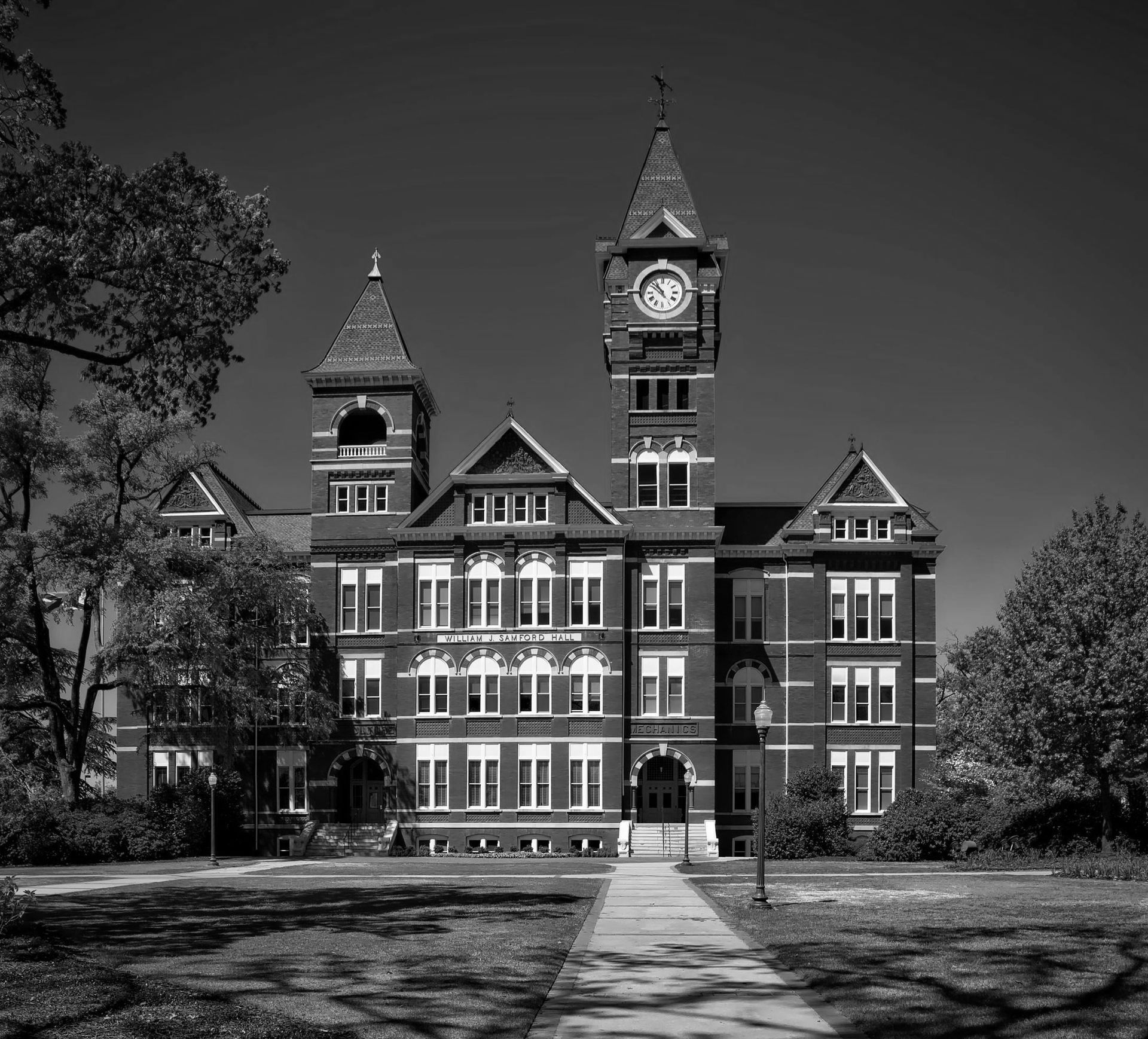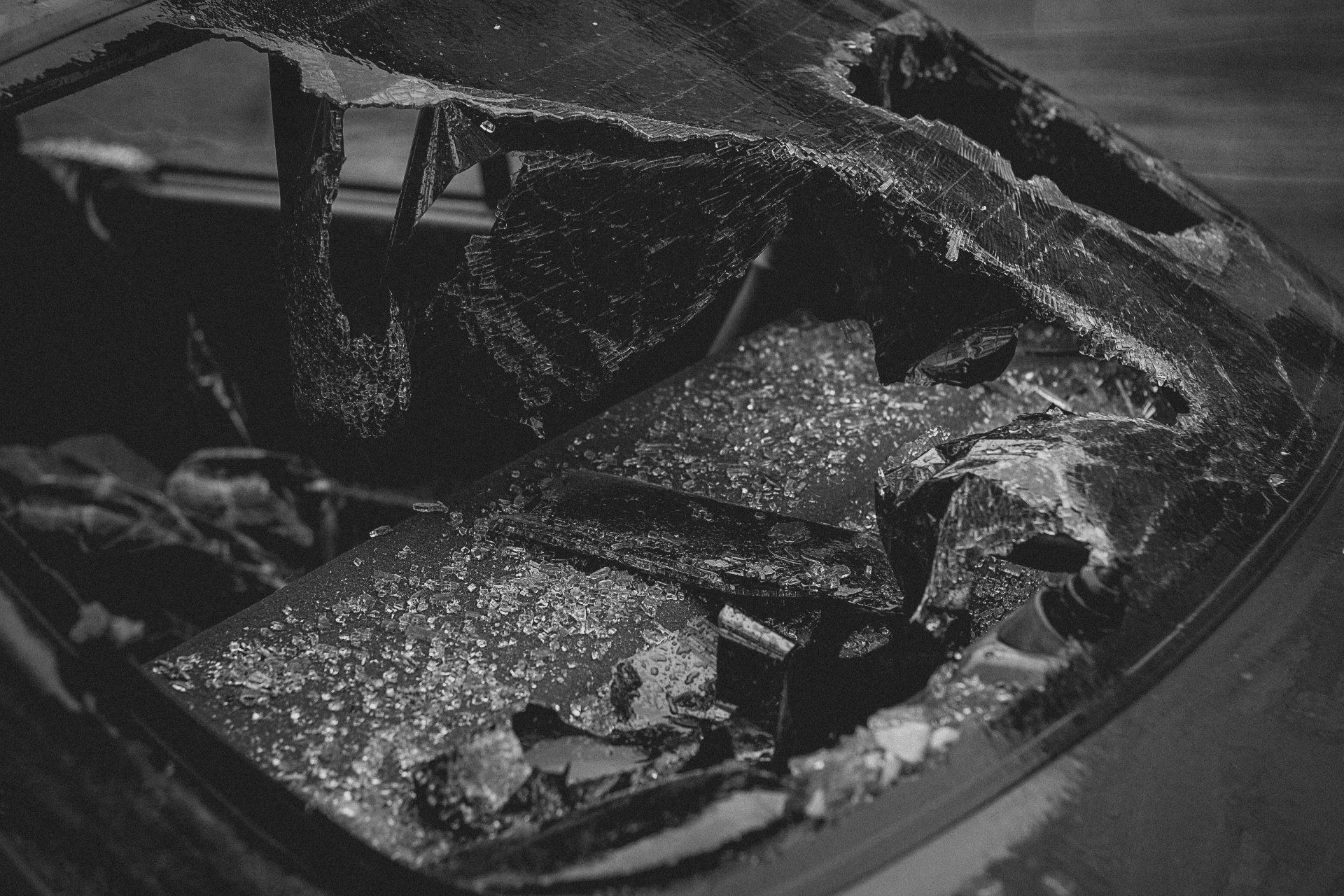Psychiatric Injuries in Workers' Compensation
One of the most difficult and complex types of workers' compensation cases involves mental injuries. These cases are difficult to litigate for both the employee and the employer due to the often-complex issues of medical and legal causation and extent of vocational impairment. However, the numbers of workers' compensation claims in which a mental injury or disorder is involved is on the increase. The medical community is increasingly diagnosing injured workers with mental disorders such as depression and post-traumatic stress disorder as a result of the injured workers' accident and/or subsequent pain and disabilities in conjunction with the physical injuries suffered by the worker. The appellate courts are affirming trial court awards of permanent and total disability which included mental disorders and disabilities and physical disabilities. See Sanders v. Green, 726 So. 2d 715 (Ala. Civ. App. 1998); Elite Transportation Services v. Humphreys, 690 So. 2d 439 (Ala. Civ. App. 1997). Those cases in which the injured worker has permanent physical disabilities as well as contributing mental disorders will not be discussed in this article. This article will also not address the separate issue of emotional distress claims in workers' compensation outrage cases. This article addresses those instances wherein a worker suffers a physical injury and develops a mental neurosis or disorder which is, in and of itself, disabling.
If it is established by legal evidence that an employee has suffered a physical injury or trauma in the line and scope of his employment and he develops a neurosis as a proximate result of such injury or trauma which neurosis causes or contributes to an occupational or physical disability, such disability is compensable.
Fruehauf supra at 1001.
The Courts of this state have consistently applied the Fruehauf standard to the issue of compensability of mental disabilities. See ABEX Corporation v. Coleman, 386 So. 2d 1160, 1162 (Ala. Civ. App. 1980) (employee suffered depressive reaction as a result of injury to back); Bickerstaff Clay Products Co. v. Dixon, 444 So. 2d 390, 391 (Ala. Civ. App. 1983) (employee suffered disabling neurosis as a result of injury to back); Armstrong v. Lewis and Associates Construction Co., Inc., 451 So. 2d 332, 334 (Ala. Civ. App. 1984) (injured employee suffered hypochondriacal neurosis as a result of back injury); Allen v. Diversified Products, 453 So. 2d 1063, 1065 (Ala. Civ. App. 1984) (employee suffered conversion hysteria as a result of injury to hand); Federal Mogul Corp. v. Campbell, 494 So. 2d 443, 445 (Ala. Civ. App. 1986) (employee suffered schizophrenia as a result of minor injuries to neck, head, and back); Magouirk v. United Parcel Service, 496 So. 2d 55, 57 (Ala. Civ. App. 1986) (employee's anxiety neurosis as a result of harassment and pressure held not compensable); Transco Energy Co. v. Tyson, 497 So. 2d 184, 186 (Ala. Civ. App. 1986) (employee suffered mental injury as a result of back injury); Jones v. Pickens County Health Care, 589 So. 2d 754 (Ala. Civ. App. 1991) (employee found not to have disabling mental injury as alleged); City of Montgomery v. Kittler, 621 So. 2d 295, 297 (Ala. Civ. App. 1993) (employee suffered from conversion neurosis as result of back strain); Ex parte Bryant, 644 So. 2d 951 (Ala. 1994) (employee suffered from neurosis as a result of groin injury and loss of testicle); Taylor v. Mobile Pulley & Machine Works, 714 So. 2d 300 (Ala. Civ. App. 1997) (employee suffered schizoaffective disorder as a result of fractured hip).
The mental disability of the employee must be precipitated and/or produced by, or a proximate result of a physical injury. The Court of Civil Appeals has denied workers' compensation benefits for mental injuries based upon this premise on multiple occasions. In Magouirk v. United Parcel Service, 496 So. 2d 55, 57 (Ala. Civ. App. 1986), the Court of Civil Appeals, after an extensive review of the term “injury” in the Alabama Workers' Compensation Act, denied benefits to an employee claiming mental injuries as a result of workplace harassment and pressure stating, "Therefore, we hold that the Alabama's Workmen's Compensation Act does not extend coverage to mental disorders or injuries that have neither produced nor been proximately caused by some physical injury to the body." Id. at 58. See also Belcher v. Pinkerton's Inc, 519 So. 2d 529 (Ala. Civ. App. 1987) (employee denied benefits for mental injuries as a result of overwork and pressure); Rogers v. Bruno's Inc., 554 So. 2d 1034 (Ala. Civ. App. 1989); J.C. Penny Co. v. Pigg, 544 So. 2d 169 (Ala. Civ. App. 1989); Marley Erectors, Inc. v. Rice, 620 So. 2d 31, 33 (Ala. Civ. App. 1993) (employee granted benefits for depression caused by physical trauma or injury); Nix v. Goodyear Tire & Rubber Company, 624 So. 2d 641 (Ala. Civ. App. 1993) (employee denied benefits for mental injury resulting from death of co-employee); Goolsby v. Family Dollar Stores of Alabama, 689 So. 2d 104, 106 (Ala. Civ. App. 1996) (employee denied benefits for post-traumatic stress disorder not precipitated by a physical injury); Ex parte M & D Mechanical Contractors, 725 So. 2d 292 (Ala. 1998) (employee denied benefits as workplace injury did not cause mental injury).
The Court of Appeals further explained its holding in Magouirk while denying benefits to an employee claiming mental injuries as a result of stress in J.C. Penny Co. v. Pigg, 544 So. 2d 169 (Ala. Civ. App. 1989) holding, "It is well settled that only those injuries which are caused by an “accident” arising out of and in the course of one's employment are compensable under the Act. We have also held that to be compensable under the Act, the “accident” must actually produce some physical injury or harm to the body." Id. at 170. In Rogers v. Bruno's Inc., 554 So. 2d 1034 (Ala. Civ. App. 1989), the Court of Civil Appeals denied benefits to an employee claiming mental injuries as a result of practical jokes and harassment explaining, "Therefore, for the employee to be entitled to recover on this instance, she must demonstrate a causal connection between her alleged disability and a physical injury to her body. This she has not done." Id. at 1035; See also City of Montgomery v. Kittler, 621 So. 2d 295, 297 (Ala. Civ. App. 1993); Herchenhahn v. Amoco Chemical Company, 688 So. 2d 847 (Ala. Civ. App. 1997).
The Court of Civil Appeals also addressed the danger of an injured employee falsifying his mental state. In Fruehauf, the Court of Civil Appeals stated that,
We recognize the possible difficulty of establishing the existence of or the precipitating cause of any neurosis or psychic disorder. We recognize that there is a distinct possibility of attempted malingering in the absence of objective symptoms. We believe, however, that the difficulty of proof may be overcome by the use of expert medical testimony and/or objective evidence. We also believe that malingering will be minimized by the vigilance of a discerning trial judge.
Fruehauf, supra at 1001; see also Armstrong, supra at 334; Ex parte Bryant, supra at 953.
The Courts have also applied the standard of proving disability by expert testimony in physical injury cases to mental injuries. The mental disability does not have to be proved by expert testimony. Fruehauf, supra at 1002, Allen, supra at 1065; Federal Mogul, supra at 445; Ex parte Bryant, supra at 952-53. The Court of Civil Appeals stated in Federal Mogul, "Although this court has previously recognized that psychic injuries which occur as the proximate result of an accident suffered by an employee while in the line and scope of his employment are compensable, we have specifically refused to require that the existence and effect of such mental disability may be expert medical opinion." Id. at 445.
Often, the injured employee has been treated for a mental condition prior to his/her occupational injury. The issue of preexisting and latent mental conditions was specifically addressed by the Court of Civil Appeals in Taylor v. Mobile Pulley & Machine Works, 714 So. 2d 300 (Ala. Civ. App. 1997). The Court of Civil Appeals stated in its opinion,
The trial court, while noting that Taylor had previously been hospitalized for a nervous breakdown, specifically found that Taylor “had performed his job [for Mobile Pulley] very satisfactorily” for 23 years. Thus, Taylor's latent schizoaffective disorder may not be considered in the determination of his workers' compensation benefits. Because Taylor's latent schizoaffective disorder had not affected the performance of his job duties before the injury, his latent condition, activated by the injury, was compensable.
Id. at 302.
The Taylor Court relied on the well-established law in Alabama that, “No preexisting condition is deemed to exist for the purposes of a workers' compensation award if the employee was able to perform the duties of his job prior to the subject injury” to affirm the award of permanent and total disability to the injured employee based upon a mental injury. Jackson v. Comptronics Corp., 679 So. 2d 1079 (Ala. Civ. App. 1996); Holmes v. Goldkist, 673 So. 2d 449 (Ala. Civ. App. 1995); Blue Bell, Inc. v. Nichols, 479 So. 2d 1264 (Ala. Civ. App. 1985). The Court also relied on the well-established law that, “If a preexisting injury is aggravated by a work-related injury, the injury is compensable even though the accident may not have caused the same injury in a normal person.” G.C. Colyer & Co. v. McAdams, 562 So. 2d 1326 (Ala. Civ. App. 1994); Goldkist v. Hobbs, 650 So. 2d 914 (Ala. Civ. App. 1994) (affirming benefits for the injured employee's mental injuries); Armstrong, supra at 335 (employee had been previously committed for severe depression but no medical testimony linked hypochondriacal neurosis with preexisting condition).
In closing, both parties should thoroughly review the injured worker's medical records. It is very common for a general practitioner, orthopedic specialist, or neurologic specialist to diagnose the employee with a mental disorder and prescribe anti-depressant medications. Furthermore, it is extremely important to remember that pain management should include psychiatric evaluations and treatment. Both parties should seek independent psychological evaluations of the injured worker to properly assess causation and the extent of the worker's vocational disability due to the mental disorder. The employee's attorney should be cognizant that a mental disorder can very easily alter a claim from permanent partial disability to permanent and total disability. The employer's attorney should not overlook a mental disorder as he/she will need to be prepared to defend that claim before the Court. Practically speaking, this would be difficult to do without expert testimony.
C. Brian Davidson has represented injured workers and their families in their claims for benefits under the Alabama Workers' Compensation Act since 1998. If you or a loved one has been injured on-the-job schedule your free consultation today.




